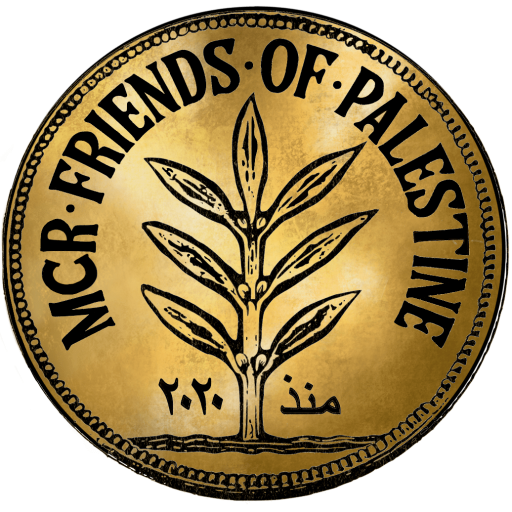RESOURCES
Reading List
BOOKS
Non-fiction literature:
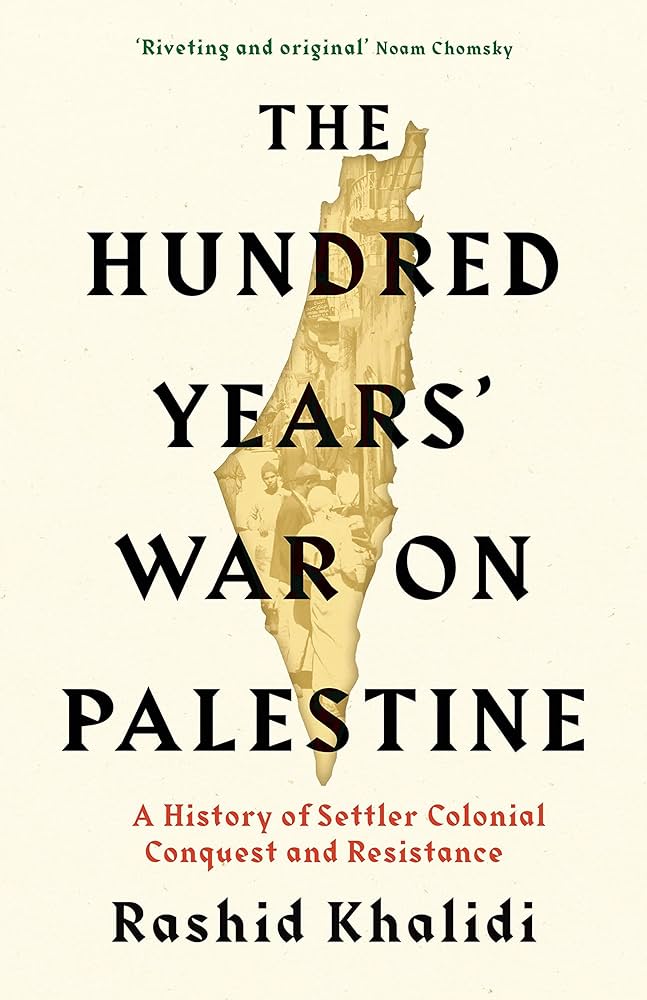
The 100 Years’ War on Palestine – Rashed Khaldi
This sweeping history traces a century of colonial interventions, dispossession, and resistance. It reveals how, since the early 20th century, Palestinians have faced wave after wave of attempts to erase them — yet their spirit, culture, and determination continue to thrive. This is not just a story of conflict, but one of resilience in the face of overwhelming odds.

The Question of Palestine – Edward Said
Said provides a profound examination of the Palestinian cause, challenging distorted representations and insisting on recognition of Palestinian history, rights, and humanity within the broader global conversation.
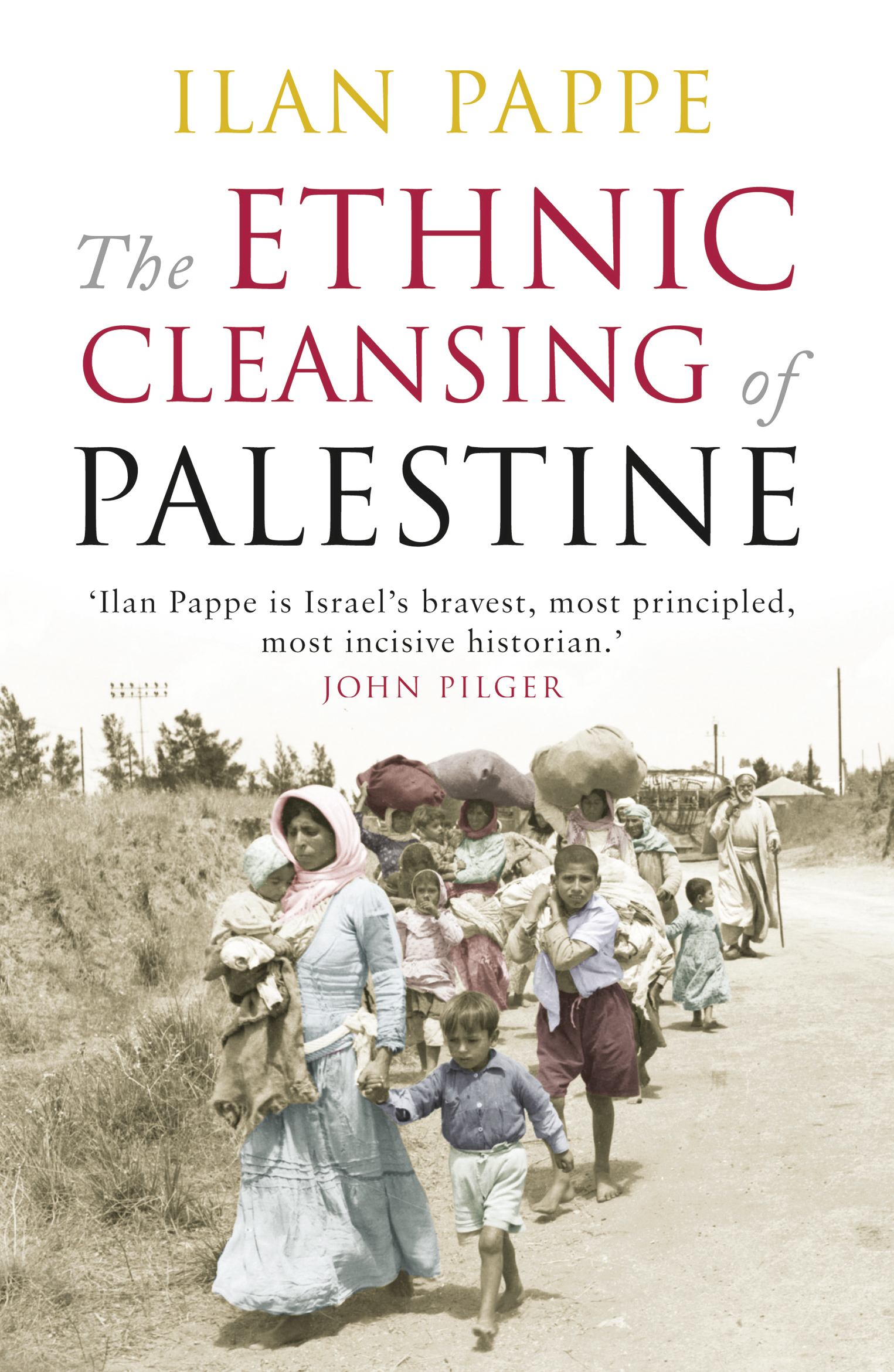
The Ethnic Cleansing of Palestine – Ilan Pappe
Here, the focus turns to 1948 — the year of the Nakba. With clarity and courage, this work exposes how entire villages were emptied and communities uprooted. But it also gives voice to the survivors and their descendants, reminding us that memory and truth are acts of resistance in themselves. It challenges silence with undeniable evidence, encouraging us to stand firm with justice and human rights.

Ten Myths About Israel – Ilan Pappe
This book dismantles widely accepted myths about Israel’s history and politics, replacing them with a fact-based account that reveals the realities of displacement, occupation, and ongoing injustice faced by Palestinians.
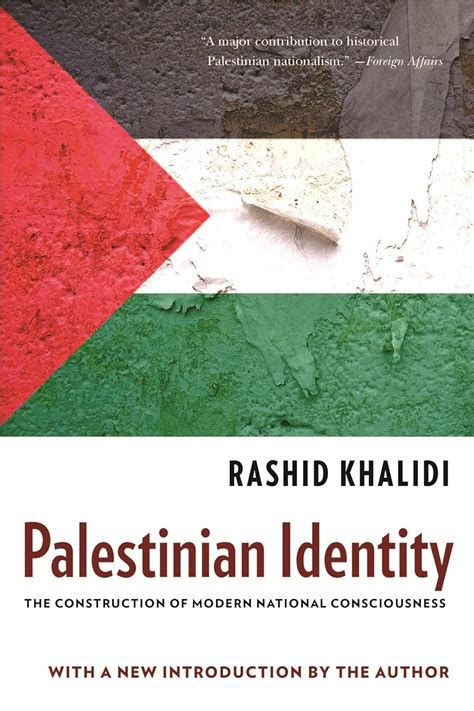
Palestinian identity – Rashed Khalidi
Khalidi traces the historical, cultural, and political forces that shaped modern Palestinian identity. Drawing on archives, memoirs, and media, he explores how a distinct national consciousness formed in response to colonialism, Zionism, and regional change.

The Palestinian Laboratory – Antony Loewenstein
The Palestinian Laboratory by Antony Loewenstein exposes how Israel’s occupation of Palestine has turned the region into a testing ground for surveillance systems, military technology, and control tactics later exported worldwide. The book reveals how these methods of oppression fuel a global industry of security and authoritarianism.
Poetry and fiction:

Mornings in Jenin – Susan Abulhawa
A sweeping, multigenerational novel following one Palestinian family from 1948 through decades of war, exile, and survival. Abulhawa weaves together personal tragedy and enduring resilience, making history deeply intimate.

Returning to Haifa – Ghassan Kanafani
Kanafani’s novella tells the story of a Palestinian couple revisiting their former home after the Nakba, where they confront loss, displacement, and the painful consequences of exile. It is a moving meditation on identity and belonging

The butterfly’s burden – Mahmoud Darwish
In this poetry collection, Darwish blends the personal with the political, writing of exile, love, memory, and the struggle for freedom. His lyrical voice captures both the fragility and strength of the Palestinian experience.

Rifqa – Mohammad El Kurd
El-Kurd’s bold poetry intertwines the deeply personal with sharp political critique. Rooted in life under occupation in Jerusalem, the collection reflects on dispossession, resistance, and the power of words in the face of injustice.
Podcasts and Documentaries:

سلسلة تاريخ القدس وفلسطين – د. طارق السويدان
تقدّم سلسلة تاريخ القدس وفلسطين للدكتور طارق السويدان سردًا شاملًا لقصة فلسطين منذ العصور القديمة وحتى يومنا هذا. ومن خلال تحليل تاريخي مفصّل، تبرز السلسلة الأهمية الدينية والثقافية والسياسية للقدس، وجذور القضية الفلسطينية، والسعي المستمر نحو العدالة والحرية.
Dr. Tareq Al-Suwaidan’s History of Jerusalem and Palestine series provides a comprehensive account of Palestine’s story from ancient times to the present day. Through detailed historical analysis, it highlights the religious, cultural, and political importance of Jerusalem, the roots of the Palestinian struggle, and the ongoing quest for justice and freedom.
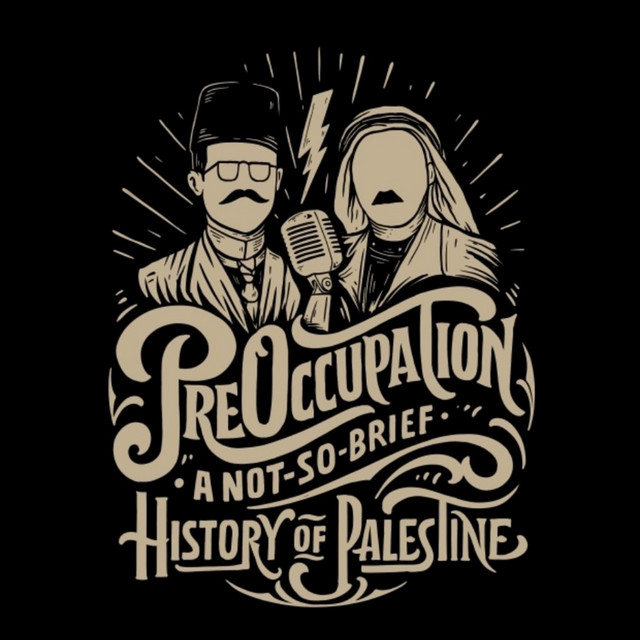
Preoccupation: A Not so Brief History of Palestine – Bassam Abunnadi
Too often, Palestine’s story is framed only around conflict. This podcast shifts the lens, reminding us of the vibrant history and culture that existed long before occupation. By tracing Palestine’s roots across centuries, it reclaims identity, belonging, and heritage. It shows that Palestine is not defined solely by struggle, but by a living, breathing civilization that continues to flourish against all odds.

Jenin, Jenin – Mohammad Bakri
Bakri’s documentary amplifies the voices of Palestinians who survived the Israeli invasion of Jenin refugee camp in 2002. Through personal testimonies, it captures the devastation of war alongside the resilience of those who endured it.

Killing Gaza – Dan Cohen
Filmed during and after Israel’s 2014 assault, this documentary presents the destruction of Gaza through the eyes of its residents. It is a raw and unflinching account of survival, grief, and perseverance under siege.

Gaza Fights for Freedom – Abby Martin
Shot on the ground during Gaza’s Great March of Return, Martin’s film documents state violence while amplifying the voices of protesters demanding dignity, freedom, and the right to return to their homes.

The Settlers – Louis Theroux
In this BBC documentary, Theroux investigates the Israeli settler movement in the West Bank. Through intimate encounters, he reveals its religious, political, and ideological drivers, while probing its wider impact on the region.
How to Stay Safe whilst advocating for Palestine
GENERAL SAFTEY:
- Can I publicly support the right of Palestinians to resist occupation and defend themselves against war crimes?
- It is lawful to express support for the right of resistance and the right to self defence.
- It is lawful to express solidarity with Palestinian people who are suffering occupation and under blockades by Israel.
- Can I share media reports and publications on the situation in Palestine if it cites proscribed groups?
- It is lawful to share media reports and publications that report on the situation in Palestine, so long as that is done so without inviting support or glorifying or encouragement for a proscribed organisation.
More information on proscribed organisations in the UK here:
- Can I wear Palestinian badges or flags or the keffiyeh to show my solidarity?
- It is legal to wear badges, keffiyehs and hold flags that represent the Palestinian national colours. However, waving flags or emblems of proscribed organisations is unlawful.
- Can I attend demonstrations to show my support for Palestine and to oppose Israeli apartheid?
- We all have the right to exercise the freedom of assembly and it is legal to attend a demonstration in support of Palestine and in opposition to Israeli occupation and apartheid.
- Can I raise funds for Palestinians?
It is lawful, and important, for us to raise charitable funds and donations for Palestinians affected by the occupation. To raise funds for a proscribed organisation is unlawful as this would fall under support for a proscribed organisation and the encouragement of terrorism.
- Can I support or ask to raise awareness of the BDS Movement?
Yes. The BDS website has lots of online resources, as well as physical materials that can be distributed. The UK BDS movement can be contacted here:
- What are the consequences of voicing support for proscribed organisations?
By expressing support for a proscribed organisation, individuals are at risk of:
- Inviting support for a proscribed organisation under the Terrorism Act (TACT) of 2000.
- Encouragement of terrorism’ under the Terrorism Act (TACT) of 2006.
- Offences include, posting or sharing images, videos and material that could be seen as encouraging acts of terrorism or that might constitute a terrorist publication.
- Can I express disagreement for the proscription of an organisation without repercussions?
We can voice our concerns about the act of proscription without indicating support for the organisations themselves. It is important to educate people about the dangers of restricting peaceful protest, and how this serves to criminalise and deter people from the act of showing solidarity with the Palestinian people and cause.
- If I am being arrested do I have to talk without a lawyer?
- If arrested you do not have to talk until you have a lawyer.
- What are my rights in custody?
- Get free legal advice.
- Tell someone where you are.
- Have medical help if you’re feeling ill.
- See the rules the police must follow (‘Codes of Practice’).
- See a written notice telling you about your rights, such as regular breaks for food and to use the toilet – you can ask for a notice in your language or an interpreter to explain the notice.
- What can I say in protests?
You have the freedom of speech protected under Article 10 of the ECHR.
You can speak freely but must follow the rules of the country you are protesting in.
Never engage in hate enchantments or genocidal language.
- If I see the press, shall I talk to them and explain to them why we are protesting?
Unless you are trained to speak to the press, it is better not to speak to them.
SCHOOL SAFTEY:
- Does the school have a right to check a child’s mobile phone?
- No, your child’s phone is their personal property.
- Schools or teachers can only access it in exceptional circumstances, such as where there are reasonable grounds to suspect possession of prohibited items and facilitating a criminal offence.
- Schools cannot intimidate, threaten or manipulate students into sharing private information on their phones in connection to Palestinian activism, as this is unlikely to fall within the exceptions.
- Your child should, however, be aware that their WhatsApp chats and online conversations can be reported to the school by other students, should their contents appear to fall foul of school policies. In such circumstances, school staff may want to check your child’s phone.
- How can I express my concerns with the approach my school has taken in relation to Palestine?
- You have every right to discuss your concerns with the school. As a start, you can express these in writing so that there is a record of communications. Set out politely why you feel the school’s approach may be problematic.
- Schools will rely on certain policies, so when they do, seek copies of these policies.
- Review the policies and if the problem persists, lodge a formal complaint. This can be done after seeking legal advice and solidarity from others who may feel the same as you do.
- Be sure to keep written records, names and contact details.
- What happens if the school is saying it is “not political”, and therefore my child cannot talk about Palestine?
- Schools should not silence political discussion. In fact recent guidance states that: “Pupils’ engagement and interest in political issues should be encouraged. Schools should not prohibit conversation about these issues, provided the political issues are age-appropriate.
- The position of being impartial or “not political”, does not by law extend to the children at the school (see 1 and 2).
- Many schools take political stances on other agendas. Citing these can be used to illustrate discrimination e.g. the War in Ukraine.
- What can I do if my child’s school invites a biased organisation to speak on Palestine/Israel?
Issue a formal complaint challenging their inability to be impartial.
Direct the school to instead draw upon information and reports by internationally-recognised bodies such as Adalah and Human Rights Watch on Israel’s discriminatory and apartheid practices.
Withdraw your child from the session if other options have been exhausted.
